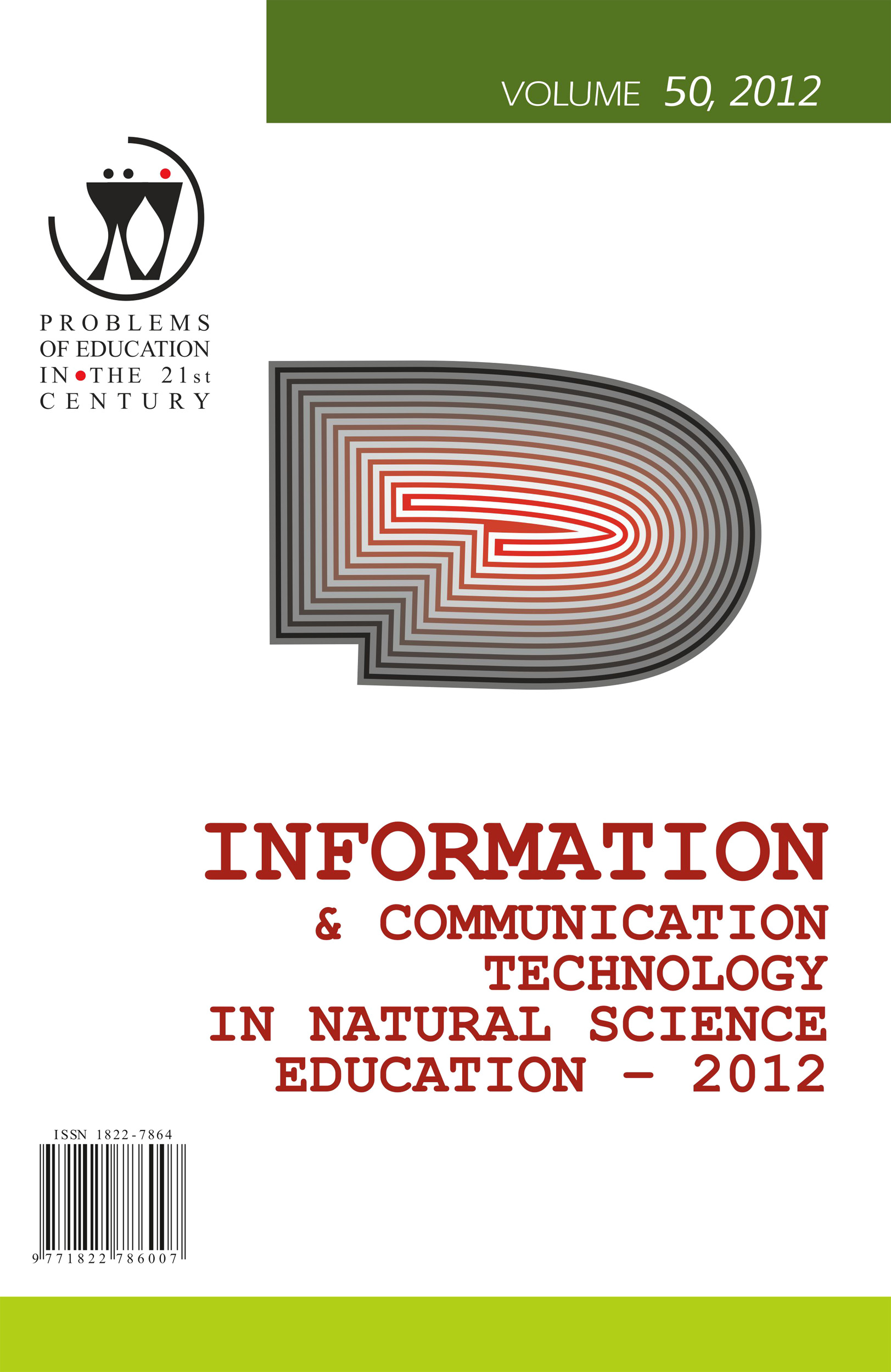DIGITAL TEACHING AND LEARNING CONTENT IN NATURAL SCIENCE EDUCATION: A CASE STUDY
DIGITAL TEACHING AND LEARNING CONTENT IN NATURAL SCIENCE EDUCATION: A CASE STUDY
Author(s): Vincentas Lamanauskas, Violeta Šlekienė, Renata Bilbokaitė, Loreta RagulienėSubject(s): Education, ICT Information and Communications Technologies, Distance learning / e-learning, Pedagogy
Published by: Scientia Socialis, UAB
Keywords: digital content; qualitative analysis; natural science education; teaching and learning;
Summary/Abstract: Teaching/learning technologies in comprehensive schools are rapidly changing. Increasing amount of information, growing pupils’ learning load raises the need to search for new, more effective teaching/learning methods. For a long time it has been thought, that it is an object of classical pedagogy and further research works are not urgent. However, in the process of rapid development of ICT, traditional pedagogy conception also inevitably changes. So-called “classical pedagogy” shifts to “online pedagogy”. An adjacent educational trend - a "shift from teaching to learning" is also related with this shift. New computer aids for increasing lesson content interactivity are being created in Lithuanian context. In the cooperation of a publishing house, teachers and scientists, a computer aid for the 5th-6th formers‘ biology lessons, was created. Therefore, a complex pedagogical evaluation research was carried out between January and April, 2011. 20 teachers participated in the digital content testing, who totally gave 577 lessons. In the lessons a) an interactive board (IL) was used, and a lesson content was prepared by Power Point (PPT) slide show or Active Inspire (AcIns) programme; b) projector (S), and a lesson content - by PPT or AcIns. The results, obtained on the basis of qualitative analysis, are presented in this article. It is thought, that the results of this research would contribute to implementation of computer technologies in other countries as well. Research results show, that digital teaching/learning content together with arranged lesson scenarios for the realization of the latter is undoubtedly, an innovative phenomenon in the educational practice. It is necessary to assess the context of the country, to accomplish representative evaluations in the population of Lithuanian students and teachers.
Journal: Problems of Education in the 21st Century
- Issue Year: 50/2012
- Issue No: 1
- Page Range: 46-55
- Page Count: 10
- Language: English

